Home> Company News> where is skf bearing made
SKF is a global bearing and seal supplier. SKF is one of the largest bearing manufacturers in the world, with about 90% of its turnover generated outside its home market of Sweden. The company has more than 50 manufacturing facilities located on all continents except Antarctica.
SKF is the world’s leading supplier of bearings, seals and mechatronics (machinery systems that use electronics and software in addition to mechanical components) for industry and vehicles.
SKF has approximately 55 000 employees across more than 150 countries. It has sales offices in over 130 countries, through which it provides technical support, repair services, training and other value-added services to customers. SKF also supplies products to other leading industrial suppliers who sell them under their own brand names.
In 2008 SKF was ranked No. 1 in the Dow Jones Sustainability Index (DJSI), which measures corporate responsibility performance among large companies listed on the Dow Jones Global Indexes. SKF has been included in this index every year since 2005; it is one of only five companies that have been selected every year since inception in 1999.
China has the largest bearing industry in the world.
It is estimated that China's bearing production output is about one-third of global output, and the proportion is increasing year by year. China's bearing industry has developed rapidly for many years due to its advantages in production capacity and labor costs.
China's bearing industry mainly produces ball bearings, roller bearings and deep groove ball bearings. Ball bearings are mainly used in automobiles, motorcycles and other vehicles; roller bearings are mainly used in heavy machinery equipment such as cranes and trucks; deep groove ball bearings are mainly used in high-speed electric motors, wind turbines and other large-sized wind power equipment.
China's bearing industry has developed rapidly since the 1980s. The output value of bearings was about US$15 billion in 2004, and the export value was about US$5.9 billion. The output value of China's bearing industry accounted for about 30% of world production, and its export value accounted for over 50%.
Sweden has the most advanced bearing industry in the world.
The Swedish bearing industry has been in development for over 100 years. It is known for the high quality of its products and for being the world leader in the manufacture of rolling bearings. The Swedish bearing industry accounts for about one third of total world production of rolling bearings. The Swedish company SKF is the largest manufacturer of bearings in the world, with a market share of 25%.
The Swedish economy has been based on steel production since the middle of the 19th century. Today, Sweden is one of Europe's most important steel producers. Steel production accounts for approximately 5% of GDP and 50% of exports. Steel demand has grown steadily since 1990 and reached an all-time high in 2001 at 4 million tonnes. The demand for steel is driven by economic growth and industrial development abroad as well as by increased domestic consumption due to a growing population and rising wealth levels among Swedish consumers.
The main raw materials used in steel production are iron ore and coal (about 60%). Sweden also imports substantial amounts of crude oil for refining into petroleum products such as gasoline or diesel fuel.
Most bearings are made in Germany and Japan.
The two countries that dominate the bearing market are Japan and Germany. In fact, most bearings are made in these two countries.
The Japanese have been making bearings for over 100 years. They started out making bicycle bearings, but soon moved into other areas. Today, they make bearings for everything from motorcycles to cars to trains.
In Germany, a company called SKF has been making ball bearings since 1907. It was originally called SKF AB Svenska Kullagerfabriken (Swedish Ball Bearing Factory), but changed its name after World War II because of anti-Swedish sentiment in Europe.
SKF had a large factory in Germany during World War II and it was partially destroyed by Allied bombing raids during World War II. After the war, SKF rebuilt its factory and began producing ball bearings again; this time not just for bicycles but also for automobiles, trucks and aircraft engines.
Most of the world’s suppliers started out as component manufacturers.
Bearing manufacturers produce bearings from raw materials, such as steel and other materials, and then sell them to assemblers who use them in their products. For example, a bearing manufacturer might make ball bearings and sell them to a manufacture that uses ball bearings in its production line. The manufacturer would then install the bearings in its product and ship it off to retailers or customers.
Component manufacturers also often produce parts that go into other companies' products. For example, a company that makes computer motherboards may also make hard drives or display screens for other companies that use those parts in their products.
The difference between component manufacturers and bearing manufacturers is mainly one of scale — the former typically makes fewer types of parts than the latter.
Many small factories also supply bearings to large companies or directly to consumers.
The products that they produce have different styles, shapes and sizes. They are made of various materials and with different levels of precision.
According to the size of the factory, the price range varies greatly. Some small factories can produce high-quality bearings at a low price, while others may be more expensive. It is worth noting that most factories are able to produce almost any type of bearing, with some exceptions. For example, some small factories do not have the facilities required for manufacturing large bearings.
The SKF bearings you use are made with a lot of care and precision!
Bearing manufacturers are known for their precision, quality and craftsmanship.
They manufacture bearings of all shapes and sizes in virtually every industry, but they also use their knowledge to design new products that improve performance and reduce costs. This is especially true in the aerospace industry where speed, precision and reliability are essential.
The best bearings are made from high-quality steel alloys that can withstand high temperatures without losing strength or durability. They must also be able to withstand heavy loads without wearing out or breaking down over time. In addition, these bearings must be able to handle extreme pressure without causing damage or failure to other parts of the machine or vehicle being used at the time.
The SKF is produced in more than 40 countries, the company has more than 100 production sites. The manufacturing and sales network spans over 70 countries on six continents.
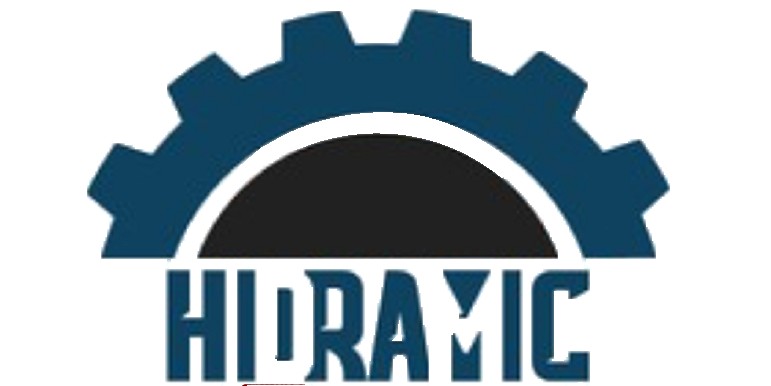

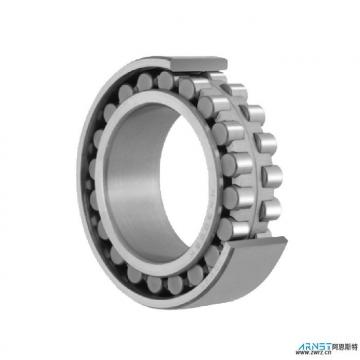 CRBH12025AUU Crossed Roller Bearing
CRBH12025AUU Crossed Roller Bearing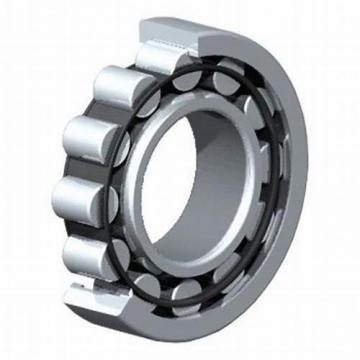 CRBH14025AUU Crossed Roller Bearing
CRBH14025AUU Crossed Roller Bearing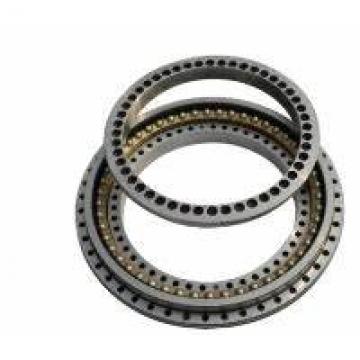 CRBH8016A Crossed roller bearing
CRBH8016A Crossed roller bearing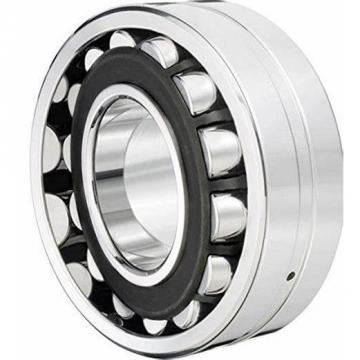 CRBH9016A Crossed roller bearing
CRBH9016A Crossed roller bearing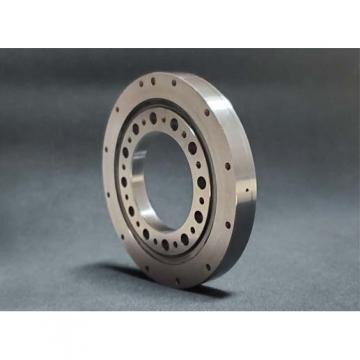 CRBH13025AUU Crossed Roller Bearing
CRBH13025AUU Crossed Roller Bearing